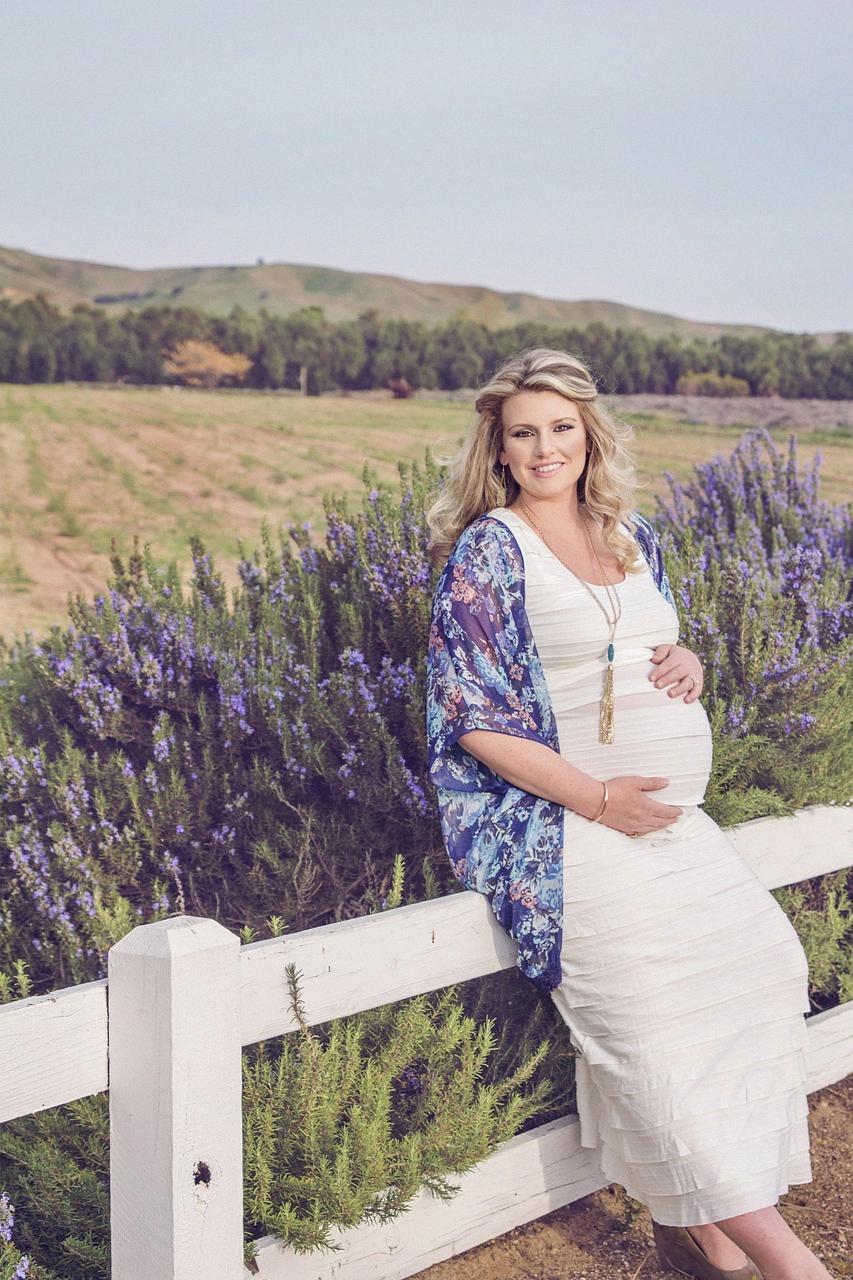Being pregnant is an exciting time filled with numerous questions about what is safe and healthy for both you and your baby. One common concern that often arises is whether consuming peanut butter during pregnancy can lead to allergies in your baby. Let’s delve into this topic to understand the relationship between eating peanut butter while pregnant and the potential for allergies in your little one.
Understanding Peanut Allergies in Children
Peanut allergies are among the most common food allergies, affecting a significant portion of the population, especially children. Research suggests that approximately 1.4% of children in North America have allergies to peanuts and tree nuts, highlighting the prevalence of this concern in today’s society.
The Safety of Eating Peanut Butter During Pregnancy
If you are not allergic to peanuts yourself, consuming peanut butter while pregnant is generally considered safe. There is no conclusive evidence that eating peanut butter during pregnancy can directly cause allergies in your baby. In fact, introducing peanuts early in life may even help prevent the development of allergies in some cases.
Benefits of Including Peanut Butter in Your Diet
Peanut butter is a nutritious source of protein, healthy fats, and essential nutrients like folate, which are vital for the healthy development of your baby during pregnancy. Enjoying peanut butter in moderation can contribute to a well-rounded and balanced diet that supports both your health and the growth of your little one.
Consulting Your Healthcare Provider
As with any dietary concerns during pregnancy, it is advisable to consult your healthcare provider for personalized advice. Your doctor can help assess any potential risks or considerations specific to your situation and provide tailored guidance on including peanut butter in your prenatal diet.
Monitoring for Allergic Reactions
While the risk of your baby developing a peanut allergy from your consumption of peanut butter during pregnancy is low, it is essential to be vigilant for any signs of allergic reactions in your child once they start consuming solid foods. Common symptoms of a peanut allergy include hives, swelling, and difficulty breathing, which require immediate medical attention.
Introducing Peanuts to Your Baby
When the time comes to introduce solid foods to your baby, including peanuts in their diet can be a nerve-wracking experience for many parents. However, the American Academy of Pediatrics suggests that introducing allergenic foods like peanuts early in a child’s diet can help reduce the risk of developing allergies later in life.
Implementing Proper Precautions
If you have a family history of food allergies or other risk factors that may increase your baby’s likelihood of developing allergies, it is crucial to take appropriate precautions. This may include consulting an allergist for testing and guidance on safely introducing peanuts and peanut products to your child’s diet.
Benefits of Early Peanut Introduction
Research has shown that early introduction of peanuts to infants between 4 to 6 months of age can significantly reduce the risk of developing peanut allergies. By gradually introducing peanuts under the guidance of your healthcare provider, you can help build tolerance and potentially prevent allergies in your child.
Enjoying Peanut Butter Responsibly
While there is no need to avoid peanut butter during pregnancy out of fear of allergies in your baby, it is essential to consume it in moderation as part of a varied diet. Pairing peanut butter with whole grain toast, fruits, or vegetables can enhance its nutritional benefits and provide a tasty snack or meal option for expectant mothers.
Final Thoughts on Peanut Butter and Baby Allergies
In conclusion, eating peanut butter while pregnant is generally safe and does not pose a significant risk of causing allergies in your baby. By enjoying peanut butter as part of a balanced diet and following appropriate guidelines for introducing allergenic foods to your child, you can help promote their overall health and well-being while satisfying your cravings for this delicious treat.
Consulting Your Healthcare Provider for Personalized Advice
For specific concerns about your diet during pregnancy or introducing allergenic foods to your baby, always consult your healthcare provider. Your doctor can offer personalized guidance based on your individual health history, preferences, and needs to ensure the best outcomes for both you and your child.

